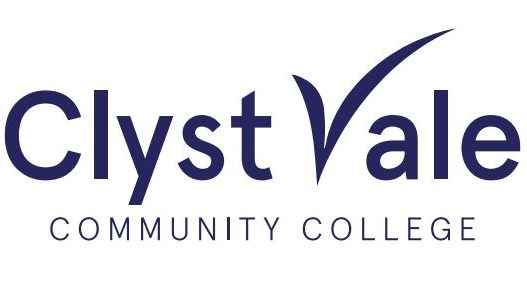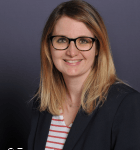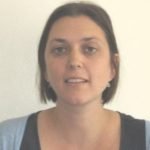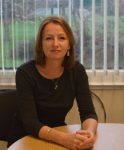Welcome to the subject page for History.
You’ll find key information including staffing, curriculum plans and contact details on this page.
Curriculum Intent
Knowledge of the past is essential if we want to understand our present and future.
The History department at Clyst Vale believes that it is essential for students to understand how the world has changed in some areas and stayed the same in others. It is also vital for us to understand where we come from, the place we live in and the wider world.
It is important that students can see how living in Devon relates to the History we study but also to be exposed to more international and world views. Diversity and multiculturalism are key and students living in our rural setting should be given every opportunity to study an alternative to their everyday life. For example, we can study the Normans and the siege of Exeter at the start of Year 7 but also study the French and Russian Revolutions at the end of the year.
History should make us question our views and challenge our thinking. The History curriculum at Clyst Vale aims to do this through introducing topics with challenging questions. Students will have the opportunity to make their own decisions about historical events and people. As a Rights Respecting School, this fits in directly with our ethos as every child has the right for their opinion to be heard. Students could be asked topic questions such as: ‘Tudors: Terrible, terrorising and cruel. How far do you agree’ to ‘Genocides: Has the world learned from the Holocaust?’ in their three years at KS3.
Cultural capital is incredibly important to us. Living in the South West of England means we strive for our curriculum to be diverse and representative of the world we live in. There are many people in History who have contributed to significant events and critical changes, they are often not heard this includes black, women and LGBTQ individuals. Students at Clyst Vale will have the opportunity to study individuals such as Boudica, John Blanke the royal trumpeter, Dido Elizabeth Belle, Emmeline Pankhurst, John Kent and Baynard Rustin. Regardless of ethnicity, sex or sexual orientation, these individuals contributed and lived in some of the more important periods in our History. To not hear their stories would not do credit to the lives they have lived.
Our History curriculum takes a chronological approach as many students find placing time periods and events in order difficult. It is also vital that they have an understanding of how time changes so we have placed thematic units in the appropriate year groups once chronology has been established in Year 7. Our curriculum starts with the Romans and ends with more modern History. As some students may not choose to pursue History at GCSE, our aim is to give them an overview as best we can so they are able to use these transferable skills for the rest of their lives whether that is in daily conversation or in reading about current affairs.
Knowledge and understanding of different time periods are crucial for studying History. We know that students find this hard so we have focused on developing this with a strong foundation in KS3 so students have more confidence in KS4 and KS5. Our focus on skills centres around writing historically but also through source work. We wish students to be able to express their opinions in a supported way so we focus on the use of: evidence, explanation, analysis, evaluation, change, continuity, causes and consequence. In terms of sources, we want students to engage them from Year 7 and build these through to Year 9 with the use of: Inferences, source reliability, usefulness and accuracy.
Schemes of Learning







